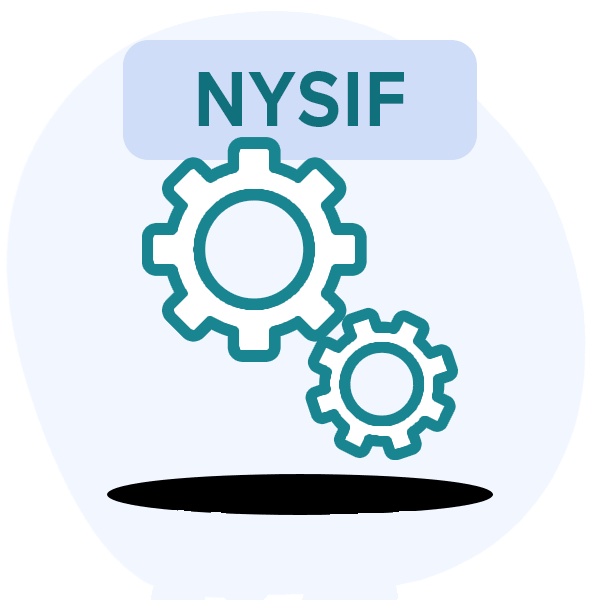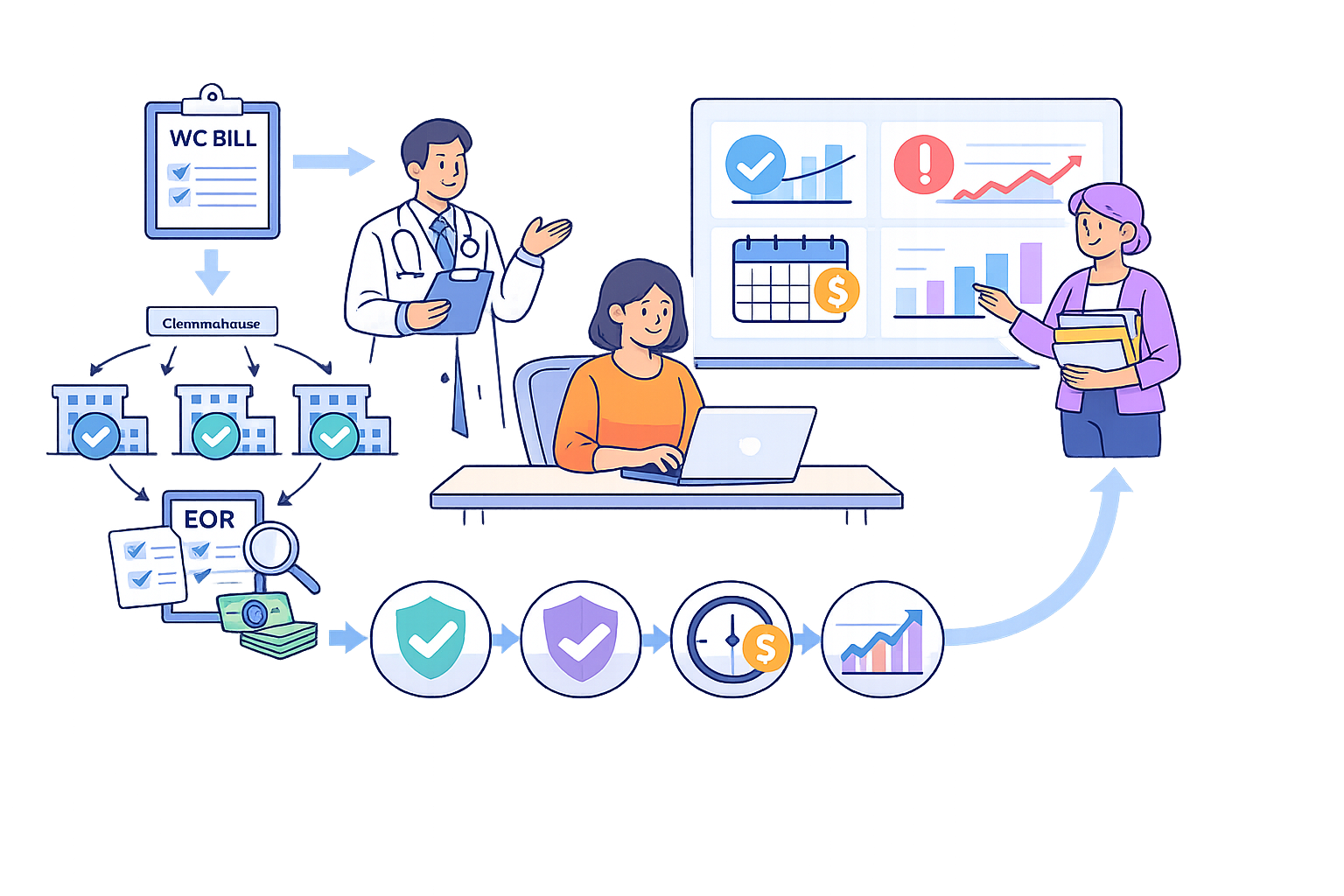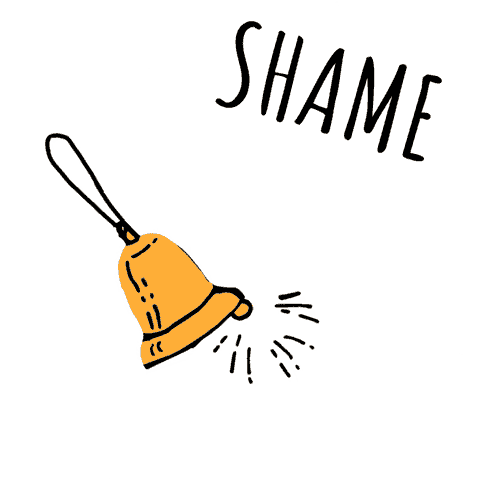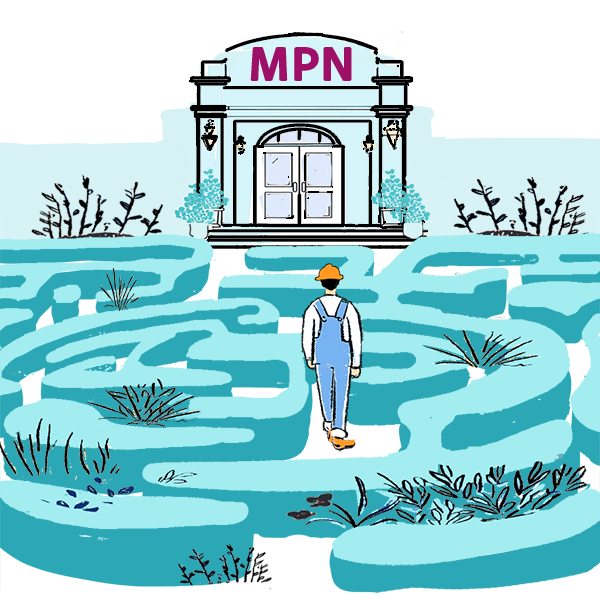Former PPO Employee: "I Felt Like I Was 'Legally' Robbing" Doctors
.gif)
Prime Health Services (PHS) operates like a high-pressure "call center," pushing employees to sign providers onto reimbursement discount contracts by making promises the company cannot keep, according to a former PHS employee.
daisyNews has long featured PHS as a “prime” example of the lengths to which Preferred Provider Organizations (PPOs) will go to reduce revenue for practices while providing no discernible value to providers or injured workers.
Now, an ex-PHS employee offers their view from the inside…and it sounds worse than we thought.
The former employee reached out to daisyBill after reading our coverage, sharing misgivings about the discount contracting practices that ultimately led to their resignation over ethical concerns. As the former employee put it:
“I felt like I was ‘legally’ robbing [doctors] of their income.”
Inside Prime Health: A Former Employee Speaks Out
As daisyNews has argued before, PPOs enjoy the fruits of a niche industry built around leasing, selling, and otherwise transferring contractual discount rates, without providing any care to injured workers.
In effect, PPOs slash doctors’ reimbursements to profit off the premiums employers pay to ensure their employees’ care.
The former PHS employee reached out independently to share their personal experience in the PPO industry, describing a system built on intense pressure, dubious promises, and implied quotas for getting doctors on the hook (emphases ours):
“[PHS] put an enormous amount of pressure on their contractors to get a certain number of provider contracts signed. If you come up short, they will eventually put enough pressure on you to resign or you end up getting fired.
…I couldn't continue being an employee…they brought in a new Executive Director that literally turned our department into a call center. That was the last straw, I resigned….
I'm glad you are bringing their contracting practices out in the open.”
The Dubious Promise of More Patients
When we reached out for permission to share their experience, the ex-employee offered further details.
Most tellingly, they reported being instructed to claim that signing a PHS contract would result in more patients for the practice, despite there being no mechanism to deliver on this promise (emphases ours):
“We were told constantly to tell providers that by signing a contract they would get more patients; which was so untrue. Prime Health Services CANNOT drive patients to a provider's practice. “
This is a core PPO problem: nationwide, providers sign discount contracts believing that they're gaining access to a larger pool of patients. In reality, discount contracting entities often do nothing to steer patients to the practice.
“‘Legally’ Robbing” Workers’ Comp Providers
The ex-employee was particularly troubled by the impact on providers who treat injured workers, where reimbursement rates are already among the lowest in healthcare (emphasis ours):
“I was not comfortable with the discounts that they wanted contractors to negotiate on WC [Work Comp] claims and Medicare…These reimbursement schedules are already extremely low and I felt like I was "legally" robbing them of their income.”
Finally, the ex-employee noted serious misgivings about insurance licensure, which PHS reportedly blew off (emphases ours):
“Another concern of mine was the lack of insurance licensing.
When I questioned this, I was told that employees aren't negotiating insurance policies, writing benefit plans, etc., so they don't need to be licensed. I didn't (and don't) agree with this…
One of two things was going to happen; either I was going to get fired for insubordination or I needed to hand in my resignation. I chose to resign.”
PHS: Poster Child for PPO Pressure Tactics
In 2021, daisyNews ran a three-part series on PHS’s discount contracting practices involving the tried-and-true method of making Medical Provider Network (MPN) membership conditional on PPO participation.
Providers often sign PPO contracts believing that doing so confers MPN eligibility to treat more injured workers (fact check: nope) and that the contracting entity will steer patients to the practice, as required by law in states like California (fact check: not exactly).
When, on behalf of a client, daisyBill asked PHS for a list of its clients (to which PHS would give access to its discounts) PHS responded not with a list of employers whose workers would theoretically visit contracted providers, but with a list of bill review companies peddling PHS discounts to dozens of payers.
Subsequently, a PHS representative acknowledged that a PHS executive had failed to sign and execute a contract that payers had been using to justify discounts on our client’s bills for months…before that executive sent us a backdated version with the missing signature miraculously in place.
PPOs: Out of Control?
We have argued before that workers’ comp has a serious, debilitating PPO problem.
PPO contracting entities profit by using questionable (and possibly, sometimes illegal) means to cut provider reimbursement, making it financially difficult for doctors to treat injured workers. Payers cite valid (and not-so-valid) PPO contracts to justify payment reductions, as discount leasing spreads reduced rates across the practice’s billing like a plague.
Thanks in large part to PPOs, many providers understandably conclude workers’ comp isn’t worth the hassle or financial burden, and exit the system.
This is how injured workers’ access to care collapses, as PPOs divert employers’ workers’ comp premium dollars to generate profit.
One former PPO employee dared to speak up. How many more stories are out there?
Note: the information in this article reflects the experience and opinions of one former PHS employee who contacted us independently. While we confirmed that the individual worked for PHS based on publicly available information, we have not independently verified the details they shared about PHS’s practices.
The quotes above reflect this person’s perspective rather than definitive findings about PHS. PHS may dispute the former employee’s characterization of their experience.
daisyBill shows you exactly how much your practice loses to PPO discounts. Click below to learn more:
BILL BETTER: DAISYBILL
DaisyBill provides content as an insightful service to its readers and clients. It does not offer legal advice and cannot guarantee the accuracy or suitability of its content for a particular purpose.






.png)

From a large ortho group in SW Florida, PPO's have become a HUGE issue over the past couple of years. We never sign any contracts, yet are continually hit with invalid PPO discounts. They are stealing. They can never provide any proof of contract (again, we never will sign one) and then we spend weeks, sometimes months trying to secure proper reimbursement. Once the PPO network realizes (or admits) they were wrong and "reverse the discount" the providers office often has to appeal with the insurer, jumping through hoops and getting through the sludge. These networks run deep and it seems there is a new name in the game every couple of months. It's an incredibly cumbersome process and takes away time spent on improving patient care. They should be penalized, and the fact that there is no repercussions is a great injustice to the providers who work hard to provide quality care to our injured workers and others in the community.